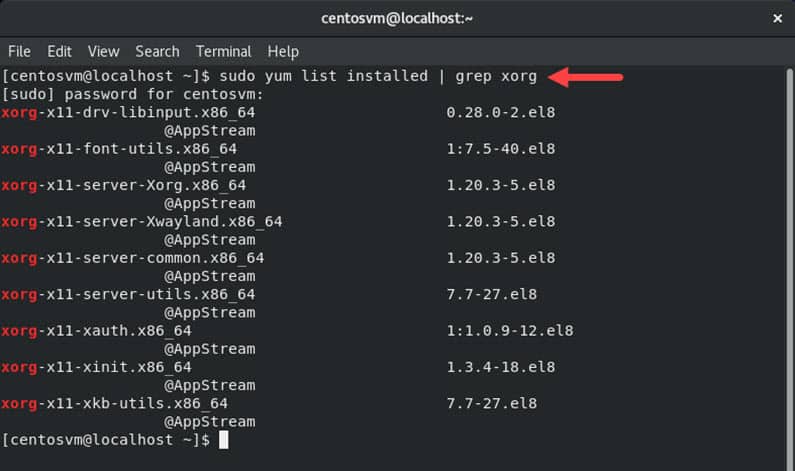
An example is as shown: sudo apt list curl -a -installedĬurl/bullseye-backports 7.85.0-1~bpo11+1 amd64Ĭurl/stable,now 7.74.0-1.3+deb11u3 amd64 Ĭurl/stable-security 7.74.0-1.3+deb11u2 amd64ĭandified YUM, or simply DNF, is the successor to the popular Yellowdog Updater, Modified package manager, more commonly known as YUM. You can also pass the package name to the apt command to show the details about that package.
installed,local - the package was installed via local method and not from official repository. installed,automatic - the package was instaled automatically as a dependency. installed - this indicates that the package was installed manually by the user. The output above includes other details such as the state under which the package was installed: You can pipe the output to other tools such as grep, less or head.įor example, to show the first 10 packages, run the command: sudo apt list -installed | head -10Īpt-utils/stable,now 2.2.4 amd64 īase-files/now 11.1+deb11u3 amd64 īase-passwd/stable,now 3.5.51 amd64 īash/now 5.1-2+b3 amd64 īsdutils/stable,stable-security,now 1:2.36.1-8+deb11u1 amd64 Ĭa-certificates/stable,now 20210119 all Ĭoreutils/stable,now 8.32-4+b1 amd64 The command should list all the packages installed on the target system.The command may contain a lot of output. To list installed packages on Debian systems using apt, run the comand as shown: sudo apt list -installed It is one of the most popular packages in Debian systems such Ubuntu, Linux Mint, !Pop OS, etc. APT List Installed PackagesĪdvanced Packaging Tool, or APT, is a command-line utility that allows you to install, uninstall, update and manage packages on Debian based systems. Although Linux does come pre-installed with a suite of good and useful tools, you will encounter yourself installing custom packages on your system. 
Package management is one of the most common operation for any Linux users.

In this tutorial, we will show you various methods and techniques you can use to view the list of installed packages using various package management systems, including apt, dnf, dpkg, snap, and yum.






 0 kommentar(er)
0 kommentar(er)
